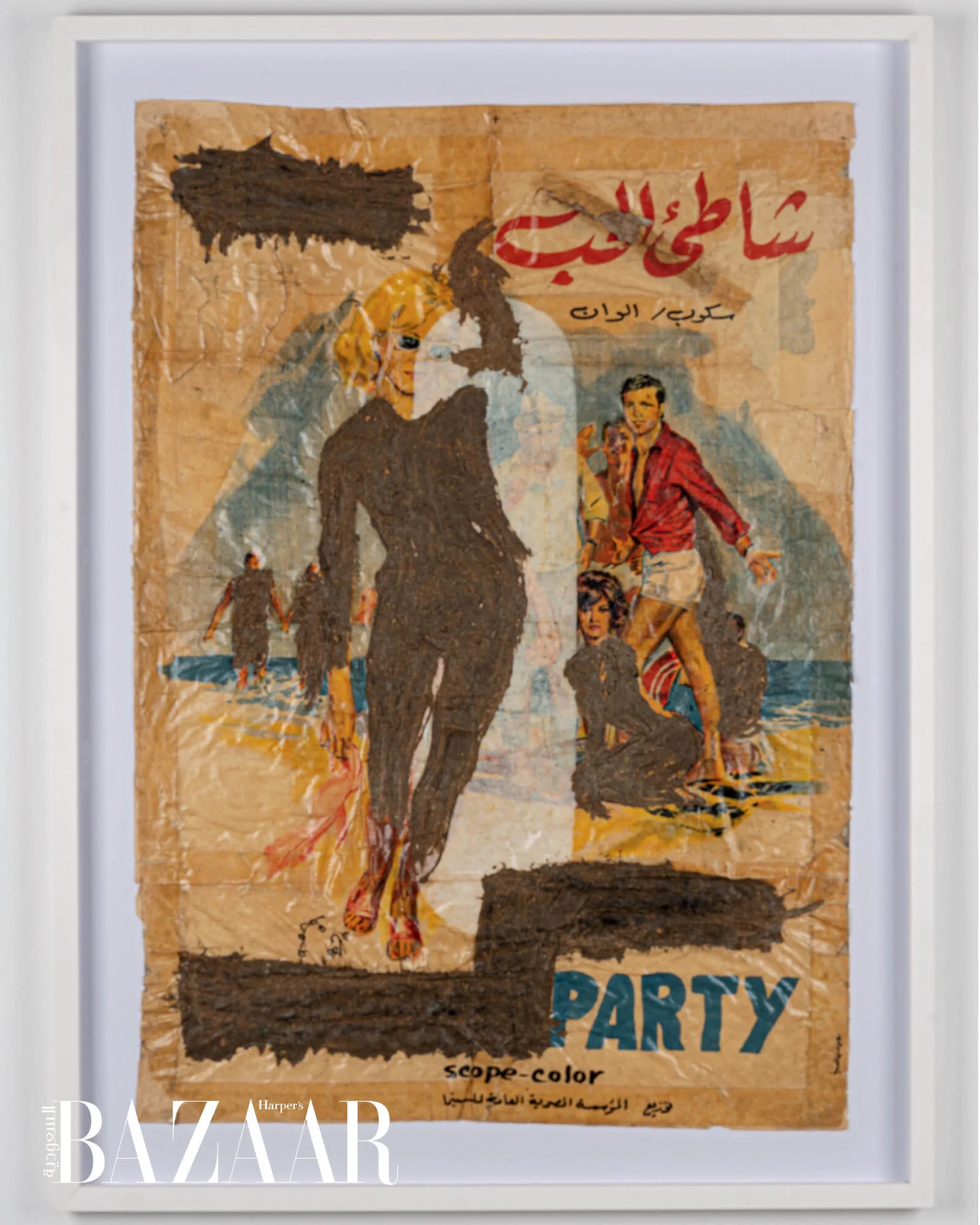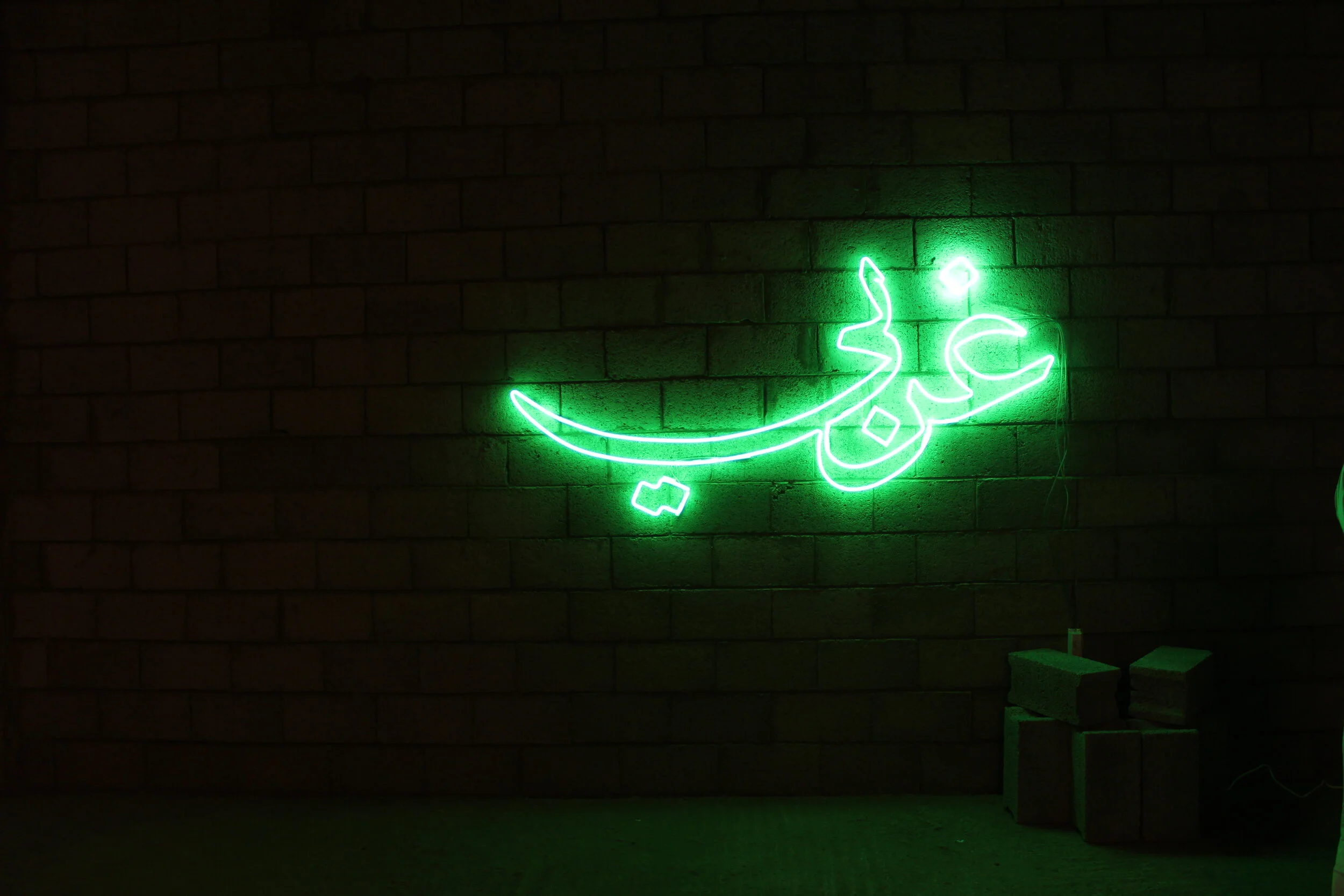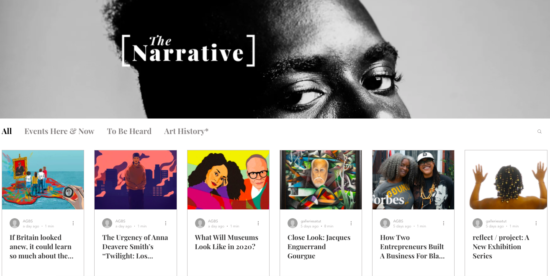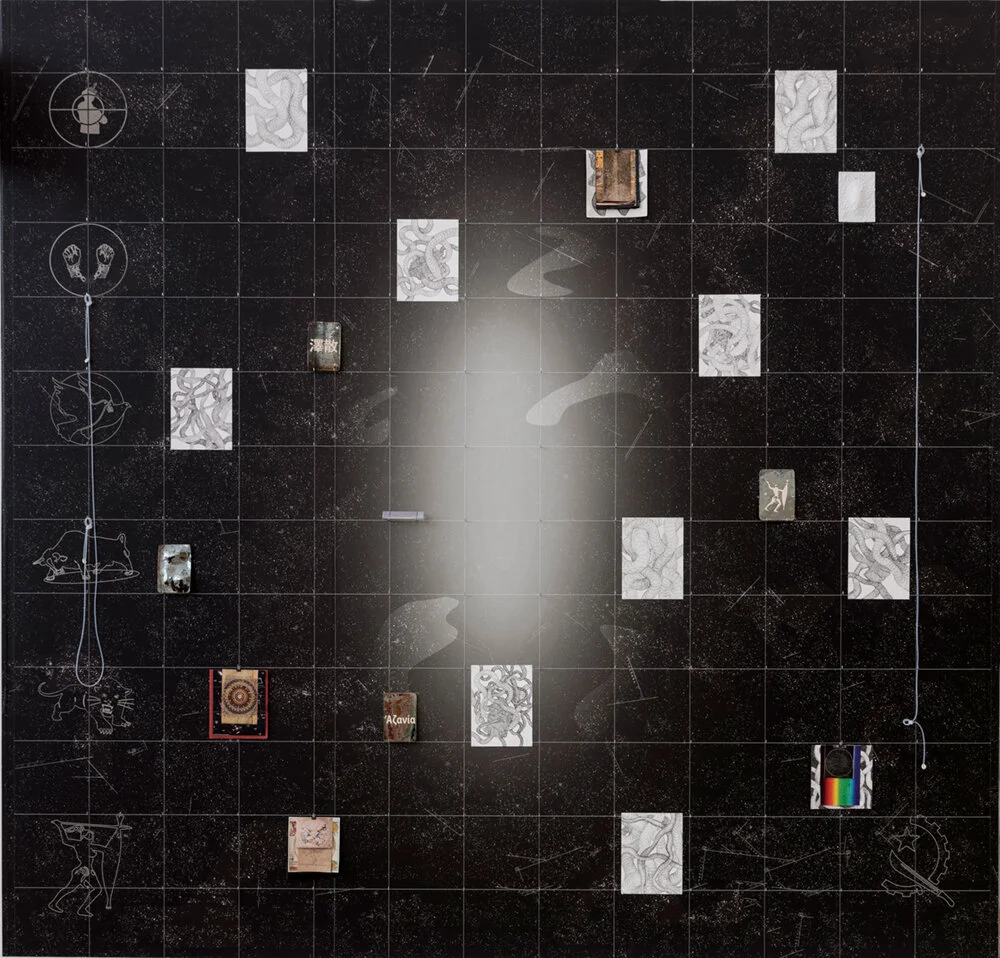What is the role of a collector? Is Saudi the right place to start buying art? Article featuring co-founder of Athr Gallery Hamza Serafi and independent curator Munira Al Sayegh sharing their expert insights on the massive role of collectors in the contemporary art world, both in Saudi Arabia and internationally.
From more than 100 March Meeting Open Call applications, eleven essays were chosen for publication by Sharjah Art Foundation in a series of individual booklets in Arabic and English.
The paper selected for publication explored the challenges associated with the art world’s tendency of categorizing artists by accessible characteristics and how these themes of identity and classification impact their market value. The paper details how the arts have become avenues of commodifying cultural identities and how a new polycentric approach to art that is focussed on embracing non-Western cultural referential practices can help challenge and dismantle hegemonic power and bring the “margins” into the centre for a more inclusive and equitable art sector.
This three-part series published on VoCA tackles how the coronavirus pandemic has presented an unparalleled opportunity for museum leaders to implement decisive and necessary change to the arts sector through the use of digital engagement, and considers how the digital sphere can better serve broader audiences every day, rather than just during a crisis.
This three-part series published on VoCA tackles how the coronavirus pandemic has presented an unparalleled opportunity for museum leaders to implement decisive and necessary change to the arts sector through the use of digital engagement, and considers how the digital sphere can better serve broader audiences every day, rather than just during a crisis.
This three-part series published on VoCA tackles how the coronavirus pandemic has presented an unparalleled opportunity for museum leaders to implement decisive and necessary change to the arts sector through the use of digital engagement, and considers how the digital sphere can better serve broader audiences every day, rather than just during a crisis.
Using the Internet and exquisite sound technology Tabita Rezaire explores original and subversive ways of producing new work with the aim of investigating the process of decolonization. Self-identifying Franco-Guyano-Danish artist, Rezaire is a known practioner of Kundalini yoga, and centralized self-love as part of the process of decolonization with most of her work dealing with the concept of race and feminism. She produces videos and digital works which navigate the matrix of coloniality and energy to create works where technology and spirituality intersect. Her work Moon Center is an online interactive site that operates as a digital meditation hub dedicated to the variety of cultures that worship the moon immersing viewers in both a spatial and ambient experience.
Immersive installations, multi-sensory, and interactive art experiences are all an integral part of Africa’s dynamic contemporary art scene. In a globalised and hyper-connected art world, a new generation of artists are using technology to create and disseminate their work. Despite the existing and growing body of video, film, multi-media installations and digital artworks by artists from Africa, and its diaspora, there are few studies that have focused on new media scenes in and across Africa, specifically.
Published 2019 as an art project in collaboration with Emarati-based Saudi artist Ayman Zedani launched at FOCAL POINT, Sharjah, UAE’s annual book fair. The process for the artist book included gathering stories, ideas, theories, and questions with the aim of creating an object that promotes and celebrates nomadic research patterns and indigenous peoples' stories by creating counter-hegemonic and non-Western-centric narratives.
Published on Voices in Contemporary Art, a platform for generating critical dialogue and interdisciplinary programming around the preservation, presentation, and research of contemporary art.
Published on Voices in Contemporary Art, a platform for generating critical dialogue and interdisciplinary programming around the preservation, presentation, and research of contemporary art.
Published on Artsy, an online platform designed to draw connections and map relationships among works of art.
Published on Middle East Institute, a non-partisan think tank and cultural center in Washington, D.C. exploring cross-regional economic, political, security, and social/cultural interactions and their implications
An art book produced in collaboration with Container Publishing, featuring a box containing 21 origami ‘gemstones’ representing pre-Islamic deities from the Arabian peninsula and the poetry collection.
Published on Middle East Institute, a non-partisan think tank and cultural center in Washington, D.C. exploring cross-regional economic, political, security, and social/cultural interactions and their implications.
Published on Voices in Contemporary Art, a platform for generating critical dialogue and interdisciplinary programming around the preservation, presentation, and research of contemporary art.
Commissioned chapter published in Future Imperfect: Contemporary Art Practices and Cultural Institutions in the Middle East (2016), a publication focusing on contemporary visual culture in North Africa and the Middle East from Ibraaz Publishing.
Published on ArtAsiaPacific, the longest-running English-language periodical dedicated to covering contemporary art and culture from Asia, the Pacific, and the Middle East.
Published on Destination Riyahd, a lifestyle magazine published in Saudi Arabia.
Published on Foreign Policy in Focus, a project of the Institute for Policy Studies in Washington, DC which describes itself as a "Think Tank Without Walls" of writers, scholars, academics, artists and activists
Published on Foreign Policy in Focus, a project of the Institute for Policy Studies in Washington, DC which describes itself as a "Think Tank Without Walls" of writers, scholars, academics, artists and activists
Published in The American Prospect, a quarterly American political magazine dedicated to American liberalism and progressivism




















